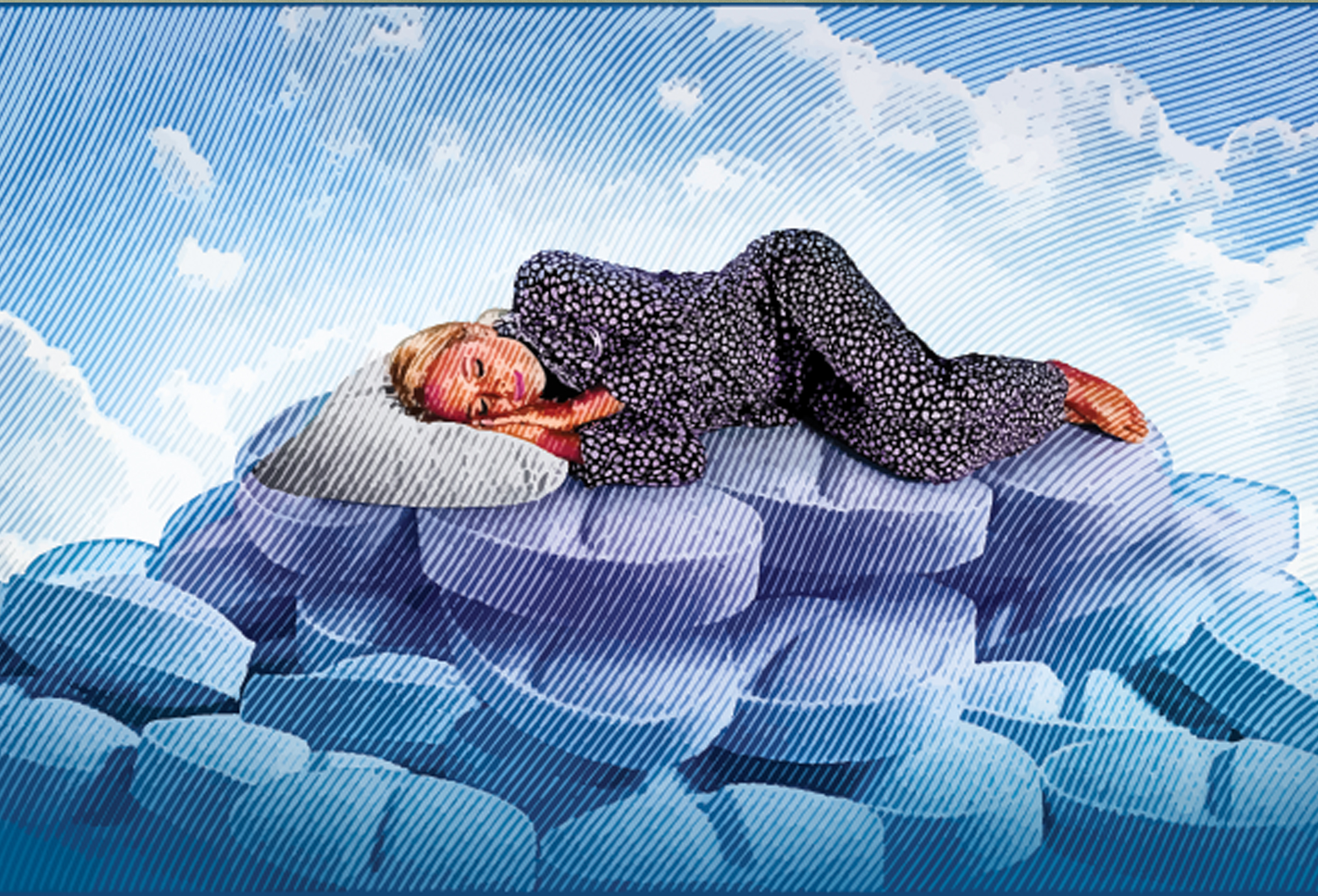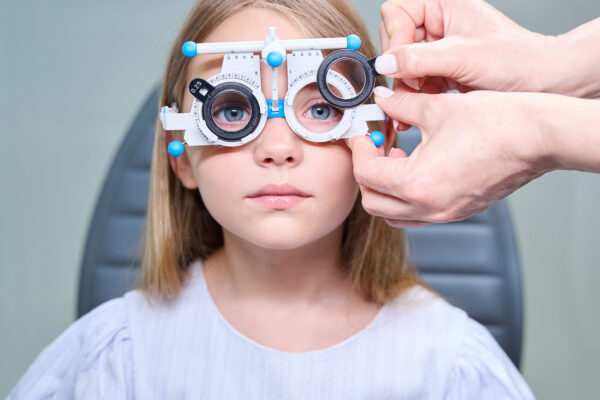How Medications Impact Your Rest and Recovery
By Jamie Bussin and Andy Donald
More than any health and wellness issue, people talk to me about sleep. Some of us have trouble getting to sleep. Others have trouble staying asleep. And others still have difficulty attaining rest and recovery from their sleep. On Episode #262 of the Tonic Talk Show/Podcast I spoke to Clinical Pharmacist Andy Donald about the nature of sleep and specifically how the drugs we take impact sleep. This is a digest of that conversation.
Getting a good night’s sleep, means we’re alert and physically and mentally refreshed. Failing to do so leaves us tired and groggy. It might result in more stress and anxiety too. And poor sleep over time can also result in weight gain and increased risk of heart disease, stroke, diabetes and a weakened immune system.
The physiology of sleep: If you visualize sleep as a horizontal lightning bolt, we zig and zag through stages of light and deep sleep. Light sleep is Rapid Eye Movement (“REM”) sleep, when our brain regenerates and we consolidate new memories and learning, and we dream. When we’re in deep sleep our body functions slow down and it appears as if we’re in a coma. It is during this stage when our body regenerates and the body removes toxins. Deep sleep usually first occurs 30 minutes into the sleep cycle and is more prevalent at the beginning of the sleep cycle, whereas light REM sleep is more prevalent towards the end of the sleep cycle.
We get less restful sleep as we age. There are two main reasons for this. First, we are typically less active as we age. More activity facilitates deeper sleep. Second, the production of hormones which regulate sleep diminish as we age. The main hormones which regulate sleep are serotonin and melatonin.
Serotonin is the “happy hormone” which is uplifting and keeps you awake. The morning light that hits the retina through your eyelids as you sleep actually cues the body to make serotonin and stop making melatonin.
Melatonin is the hormone that helps us fall asleep. The body stops generating serotonin and starts to generate melatonin as light stops hitting our retina. That’s why, from a ‘sleep hygiene’ perspective, it’s important to sleep in a dark space.
The medications that we take can impact our hormones and thus our sleep patterns, resulting in either better or worse sleep. Medications commonly taken for pain relief, mood modulation, heart health and diabetes can all impact your sleep. When you take your medications or which combinations of drugs you’re taking also can impact the quality of your sleep. For example, if you take a mood medication such as an SSRI, which is a serotonin-specific reuptake inhibitor at nighttime, you’re getting more of the awake hormone when you’re trying to sleep. Those medications are best to be taken first thing in the morning.
Alcohol is a drug. Generally, you might be able to fall asleep easier if you’ve ingested alcohol. But you will experience a less restful sleep – a flattening out of the aforementioned zig-zag pattern with less time spent in deep sleep. Also, alcohol is a diuretic which results in dehydration.
If you’re experiencing difficulty with your sleep, Andy recommends a review of your medications with your doctor or pharmacist.
Medications to specifically help you sleep should be taken as a last resort – only after exploring lifestyle choices like sleep hygiene, diet, exercise and mindfulness.
Some medications prescribed for sleep don’t actually help with sleep quality and come with concerning side effects. Andy identifies those drugs as follows:
Anticholinergic drugs are the medications used for sleep that cause us to be drowsy, have blurred vision, become dizzy, confused, and constipated. They may also cause issues with our bladder, and dry mouth. Unfortunately these drugs also greatly reduce, if not eliminate, dream sleep and therefore can impact memory.
Antipsychotics like quetiapine are often prescribed for sleep. That specific medication and that class should not be given to seniors at all. Besides all the anticholinergic effects they can also cause, unfortunately, cardiac attack.
Amitriptyline and antihistamine ruin your sleep quality.
By far the worst class of drugs for sleep, according to Andy, are sleep hypnotics which are benzodiazepines (ie zopiclone, imovane). Included in this class are lorazepam, temazepam and clonazepam. These drugs are particularly dangerous for older users who might experience memory loss, or amnesia where one forgets “chunks of the day”. These drugs can induce a stupor that might result in higher risk of falls.
Andy cautions that if you are taking any of the aforementioned drugs and want to stop taking them, you should do so under the supervision of a doctor or clinical pharmacist. You should not stop taking those drugs abruptly, particularly on your own. Says Andy, “To come safely off them can sometimes take six months to a year of slow titrating. These drugs are addictive. As you take these drugs over time your body adapts and your body changes to the drug and needs more and more of it to have the same effect. And if you don’t get that drug, then you get the opposite effects, such as insomnia, heart racing, anxiety. Sometimes people get seizures if they abruptly stop these drugs. So it’s important if you want to come off them, to do so with guidance.”
According to Andy there are prescription drugs which are better for quality sleep. Trazodone and Mirtazapine are made and originally meant to be used as antidepressants. They help with serotonin levels. Trazodone, taken in small doses can help to attain deep sleep if taken on a regular basis 3-4 hours before bedtime. Mirtazapine can also be helpful for sleep, only if taken in low doses (7-7.5mg) and an hour before sleep, as it binds to a histamine receptor in our body which makes us drowsy. However, in higher doses it binds to serotonin receptors and thus prevents sleep.
It must be stressed, and bears repeating that no drugs taken for sleep should be taken except under the supervision of your physician.




